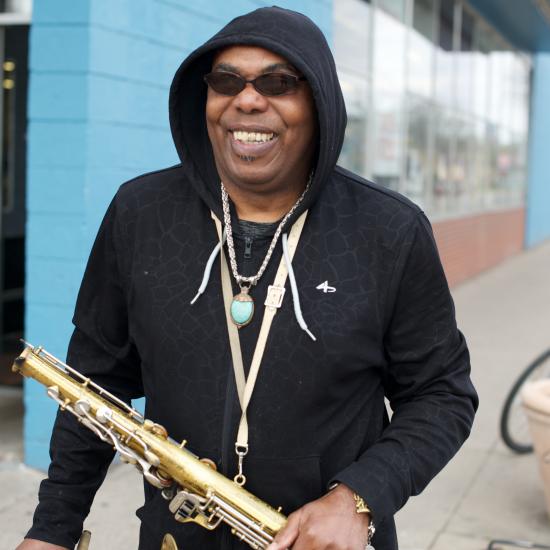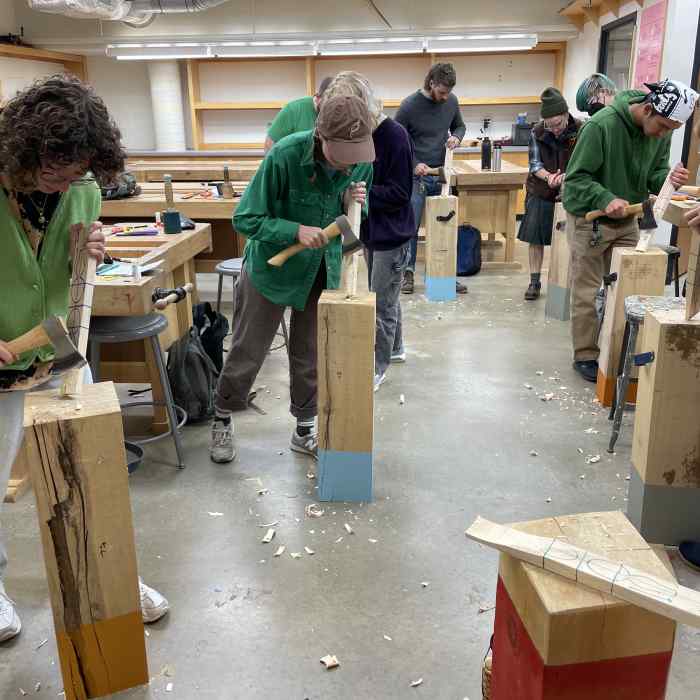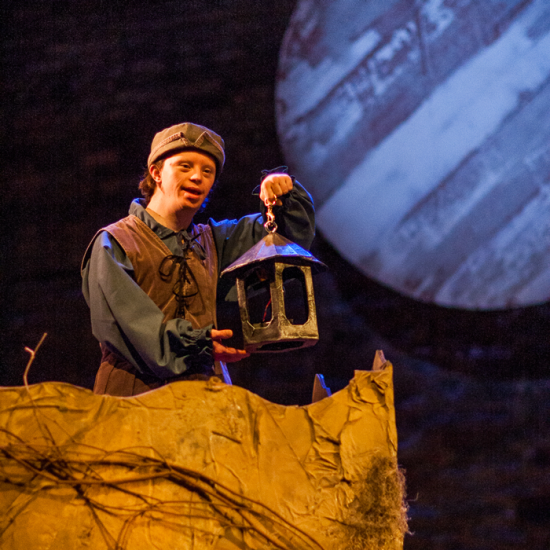
Arts and Culture
Helping organizations tell their story and measure their impact.
Wilder Research helps arts, culture and informal education organizations tell their story. We work with arts organizations, museums, libraries, foundations and more to measure your impact, gain insights about programming, and demonstrate the social and community value of your programs. We also provide technical assistance for organizations that wish to develop their own capacity to conduct evaluation.
Our approach:
- Engage organizations and their visitors, attendees, the broader community, and other key audiences to co-create research that is useful for everyone involved
- Integrate arts-based methods that align with the organization’s mission and engage participants
- Infuse evaluation into the arts and culture work organizations are already doing
☰On This Page
Wilder helps measure the value of arts and culture experiences
1. Clarify your purpose for using research and evaluation
Learning about your work's social value provides a holistic picture of why your work is important.
Organizations often partner with Wilder to learn about the social value of their work—like whether people learned something new, deepened their relationships, or simply felt better because they experienced your work.
2. Name the social value you expect from your work
A common tool for this is a theory of change. A theory of change describes what you do, who experiences it, and where and how often—and then depicts the resulting social change. Stating your social value is a critical part of the creative process for artists and culture workers who want their work to bring about social impact.
A theory of change will vary by program, but you can see some examples from:
- Arts Midwest
- Saint Paul Public Library
- Theater Mu
- Kid City
- Interact Center for the Visual and Performing Arts
- Minnesota Historical Society Native American Artist-in-Residence Program
3. Get feedback about your work’s social value
The people who experience your work have important insights into its social value. You’re probably familiar with getting feedback through surveys and interviews—but there are arts-based ways of getting feedback, too. For example, we’ve partnered with artists to lead community conversations and visually document people’s insights. Wilder will figure out how to get feedback so that it’s practical, useful, and timely for your organization.
4. Share the social value of your work with others!
There are many ways to share your social value, so it’s important to know why you’re sharing it. Do you want to celebrate your work with your staff and partners, show your funders what their support helped you accomplish, or inform your plans and goals for future work? Wilder will help you make a plan and share your social impact with anyone that you want.
LEARN ABOUT RECENT ARTS AND CULTURE RESEARCH

Ripple Effects of Folk Arts and Cultures
What is the impact of sustained investment in folk arts and cultures programming? How do these programs spur the intergenerational transmission of artistic skill and knowledge? Wilder worked with the Margaret A. Cargill Philanthropies Folk Arts & Cultures program and their 17 grantee partners to learn just that. Read the report »

Community Survey is Guiding Libraries to Meet Community Needs for Digital Access
Understanding the needs of residents is essential for libraries to equitably provide services. This regional library system is using results from a community survey to meet technology and digital service needs. Read the article »READ STORIES OF OUR WORK WITH ARTS AND CULTURE ORGANIZATIONS

Interact Center for the Arts Demonstrates Social Value Using Research
As an organization run by professional, practicing artists, one of Interact Center for the Visual and Performing Arts' strengths is the creativity they bring to addressing challenges. For more than 25 years, Interact has been creati...More about this story »